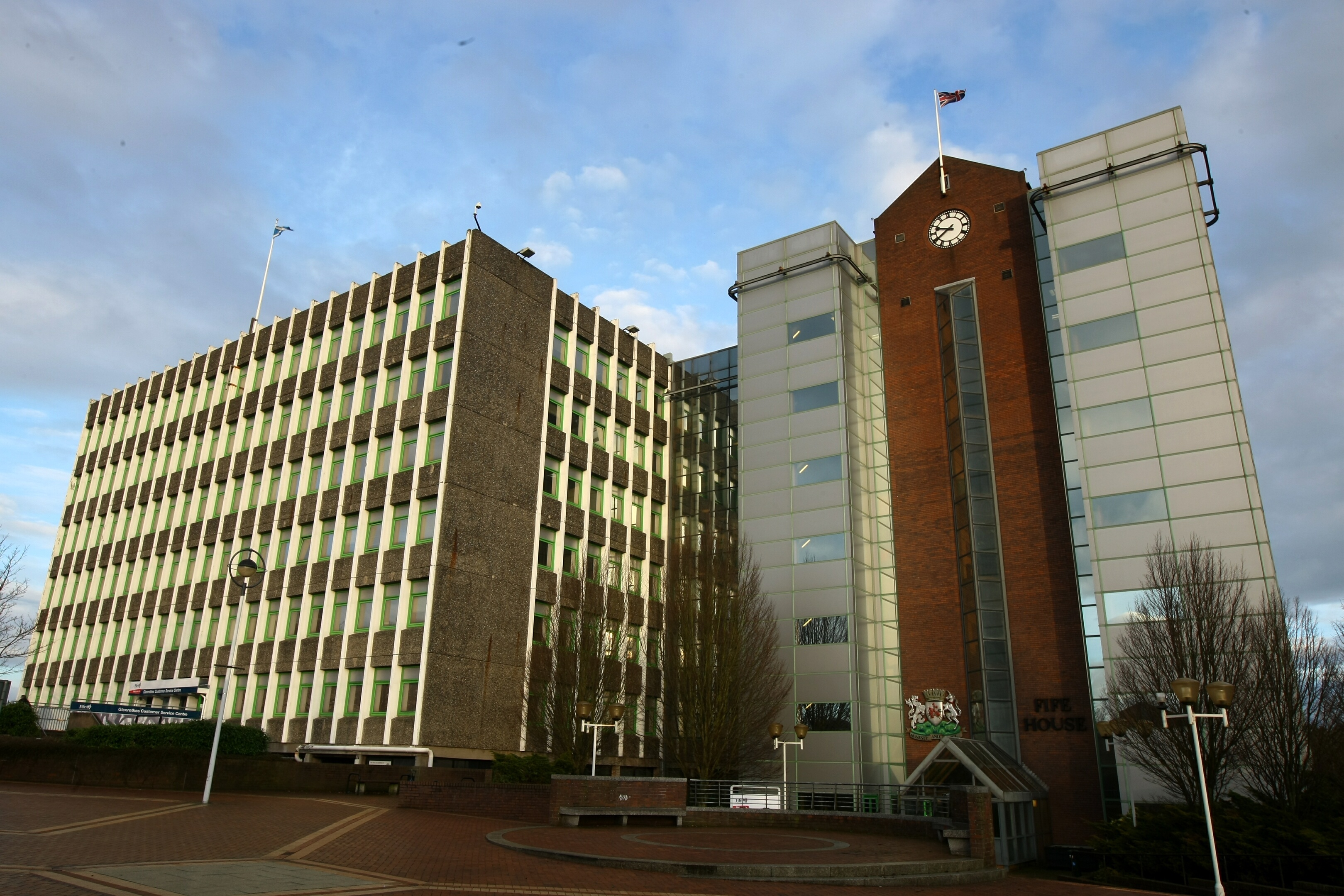The SNP and Labour have struck a power-sharing deal to run Fife Council, The Courier understands.
After a two-week deadlock, the region’s two biggest parties have reached an agreement to form a joint administration for the next five years.
No official announcement will be made until after Thursday’s full council meeting as the deal had to be agreed by both parties’ HQs on Wednesday night.
But it is likely that SNP leader David Alexander and Labour head David Ross will become joint administration leaders.
A senior Labour source confirmed the party’s ruling body, the Scottish Executive Council, has approved a submission by the Kingdom’s branch to form the group.
They stressed that every cross-party coalition proposal was assessed on a policy-driven council-by-council basis, following controversies in Aberdeen and Edinburgh.
The deal to bring the former political adversaries together is a first for Fife and comes despite some dissent in both camps.
It follows the local election on May 4 which saw the SNP become the biggest party with 29 councillors but fail to secure a majority.
Labour secured 24 seats, while the Conservatives have 15 and Liberal Democrats seven.
Both the SNP and Labour immediately ruled out a deal with the Tories.
Mr Ross said dialogue was continuing with the SNP and that details would be made available on Thursday.
Previously, he said there remained very real differences between the two groups on national issues, particularly the question of Scottish independence and the performance of the Scottish Government.
He added: “We recognise the council is about working together on local issues and we need to focus on where we agree rather than where we disagree.”
Meanwhile, the council’s Conservative leader Dave Dempsey has called on all parties to work together to end political division in Fife.
He said: “The council has sat in a kind of limbo for nearly a fortnight waiting to see whether some combination of parties can put together a deal to take political control.
“It’s still unclear whether that’s going to happen and even less clear whether such a deal can last, particularly given the history of antagonism between he main players.”
Mr Dempsey has tabled a motion for Thursday’s meeting urging the council to take the chance to devise a structure of policy-making that commands the majority support of all members.
But he said that if the two largest parties had indeed agreed to work together, he would have to “see what scraps there are falling off the table”.
